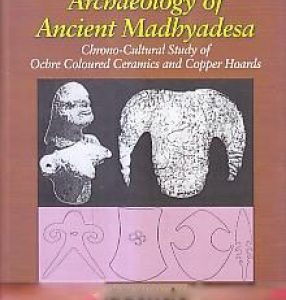
Krishna Kumar

Showing all 11 books

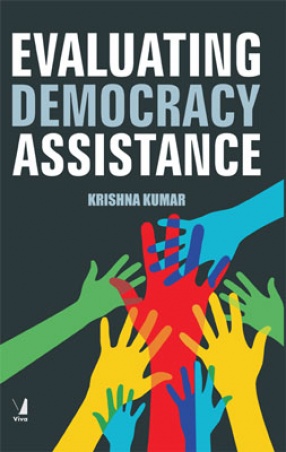



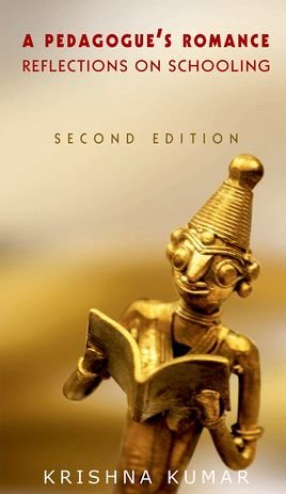
The Indian education system impacts all of us directly or indirectly at various points in our lives. We are often critical and angry, and readily offer solutions that nobody seems willing to implement. In this selection of shorter essays, Krishna Kumar takes us into what he calls the "inner world of education". We go inside schools and training institutes, delve into the public examination system and textbooks, to analytically distinguish the system ...

With the international community providing billions of dollars each year to promote democratic institutions/cultures in transitional and developing countries, rigorous evaluations have become essential for determining the effectiveness, as well as the future direction, of democracy assistance programs. Krishna Kumar provides a unique, practical guide to the on-the-ground tasks of evaluating and monitoring these programs-from planning to implementation to ...


Though India and Pakistan have a common past, the story of the freedom struggle is recounted in their school textbooks in vastly differing ways. In this, the first book of its kind, Krishna Kumar explains how the history texts of both countries selectively narrate incidents or refrain from doing so for various ideological and cultural reasons. In order to show how widely the two perceptions vary, the author compares the textbooks currently used in Indian and ...


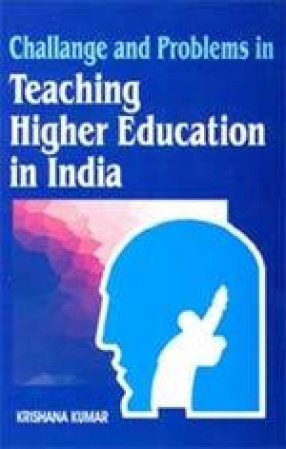
The quality of education depends to a great extent on the quality of teaching. The quality of teaching depends upon the teaching methods and the standards of teachers. There was no formal training of university teachers till very recently, but now Commission after Commission have pointed out the need for formal training of college teachers for bringing out the best out of the teachers. The University Grants Commission has fixed norms for the recruitment of ...
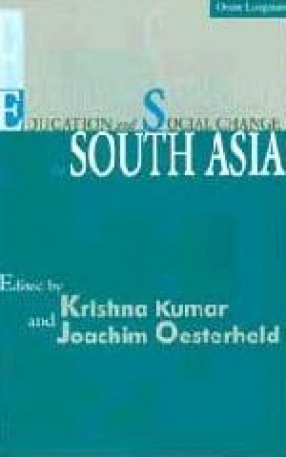
Today education is a key factor for further development of most of the countries in South Asia, which after decades of independence are still lacking in literacy. The book focuses on the relationship between the state and society of South Asian Countries, especially in the field of primary education. After dealing with developments under colonial rule, the major part of the contributions is devoted to the educational policy in South Asian countries ...
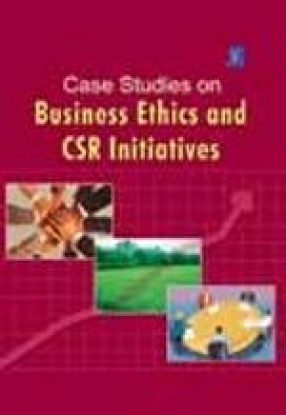
Business Ethics relates to value-based and ethical business practices. Business ethics defines “how a company integrates core values - such as honesty, trust, respect, and fairness ¬- into its policies, practices, and decision making. Business ethics also involves a company’s compliance with legal standards and adherence to internal rules and regulationsâ€. The last decade has witnessed extensive awareness among companies of their responsibilities toward ...
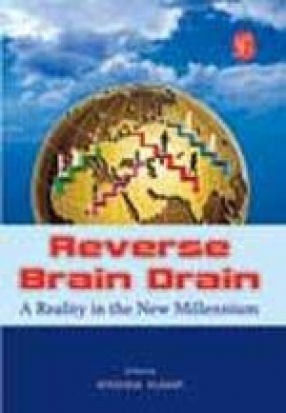
Reverse brain drain refers to the process wherein human capital moves in reverse gear from an advanced country in the Western hemisphere to a Third-World developing nation that is on the threshold of rapid economic growth. This process transpires when scientists, engineers, technologists and others from the Third-World migrate to comparatively well-developed nations to learn in their universities, undertake research and gain valuable work experience unavailable ...
